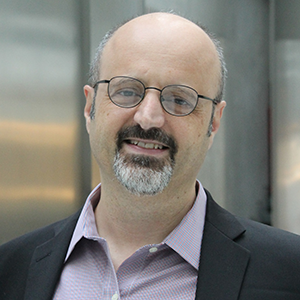 Francisco H. G. Ferreira | Chair
Francisco H. G. Ferreira | Chair
Francisco H. G. Ferreira is the Amartya Sen Professor of Inequality Studies at the London School of Economics, where he is also Director of the International Inequalities Institute. Francisco has published widely on the measurement, causes and consequences of inequality and poverty in developing countries. He is an IZA Research Fellow and currently serves as President of the Latin American and Caribbean Economic Association.
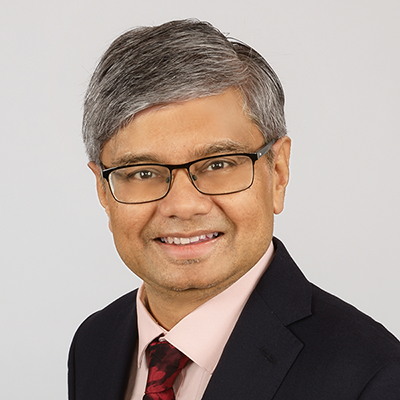 Kunal Sen | Presenter
Kunal Sen | Presenter
Social mobility in developing countries
Professor Kunal Sen has over three decades of experience in academic and applied development economics research. He is the author of eight books and the editor of five volumes on the economics and political economy of development. From 2019 he is the Director of UNU-WIDER, and he is a professor of development economics at the Global Development Institute, University of Manchester.
Professor Sen is a leading international expert on the political economy of growth and development. He has performed extensive research on international finance, the political economy determinants of inclusive growth, the dynamics of poverty, social exclusion, female labour force participation, and the informal sector in developing economies. His research has focused on India, East Asia, and sub-Saharan Africa.
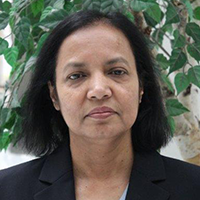 Forhad Shilpi | Presenter
Forhad Shilpi | Presenter
Economic approach to intergenerational mobility: Measures, methods, and challenges in developing countries
(co-author: M. Shahe Emran)
Forhad Shilpi is a Senior Economist in the Sustainability and Infrastructure Team of the Development Research Group. Her current research focuses on the impacts of infrastructure and communication on rural-urban transformation, the role of domestic market institutions in the transmission of international price signals, and intergenerational mobility in developing countries. Her research has been published in leading development and economics journals such as Economic Journal, Journal of Development Economics, Journal of Human Resources, Canadian Journal of Economics, Oxford Bulletin of Economics and Statistics and Economic Development and Cultural Change. She holds a Ph.D. degree in economics from Johns Hopkins University, where she taught several economics courses. Prior to joining the World Bank, she worked as a research associate at the Bangladesh Institute of Development Studies.
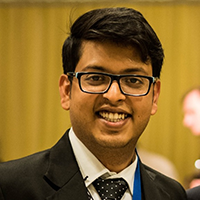 Anustup Kundu | Presenter
Anustup Kundu | Presenter
Barrier or catalyst? Traditional institutions and
social mobility in rural India
Anustup Kundu is a Doctoral Candidate in economics at the University of Helsinki and Research Consultant at UNU-WIDER. His research interests lie at the intersection of Development Economics and Behavioral Economics. Research topics that he is currently focusing on are Microinsurance, social mobility, poverty, and inequality.
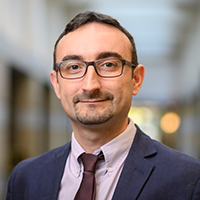 Patrizio Piraino | Presenter
Patrizio Piraino | Presenter
Drivers of mobility
Patrizio Piraino is an associate professor in the Keough School of Global Affairs. His research focuses on the intersection of education and development, including human capital and labor market policies in developing regions, and the broader determinants of socio-economic disadvantage. He is an affiliate with the Abdul Latif Jameel Poverty Action Lab (J-PAL). Piraino has previously worked t the University of Cape Town, Statistics Canada, and has been a visiting scholar at the University of Wisconsin at Madison and the University of California at Berkeley. He previously led a large multi-institutional collaboration, involving a large number of universities from the Global South, that examined education and social measures that could alleviate poverty.
 Join the network
Join the network Francisco H. G. Ferreira | Chair
Francisco H. G. Ferreira | Chair Kunal Sen | Presenter
Kunal Sen | Presenter Forhad Shilpi | Presenter
Forhad Shilpi | Presenter Anustup Kundu | Presenter
Anustup Kundu | Presenter Patrizio Piraino | Presenter
Patrizio Piraino | Presenter